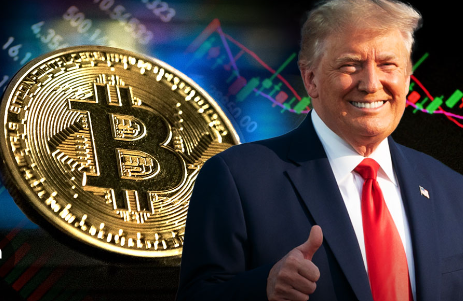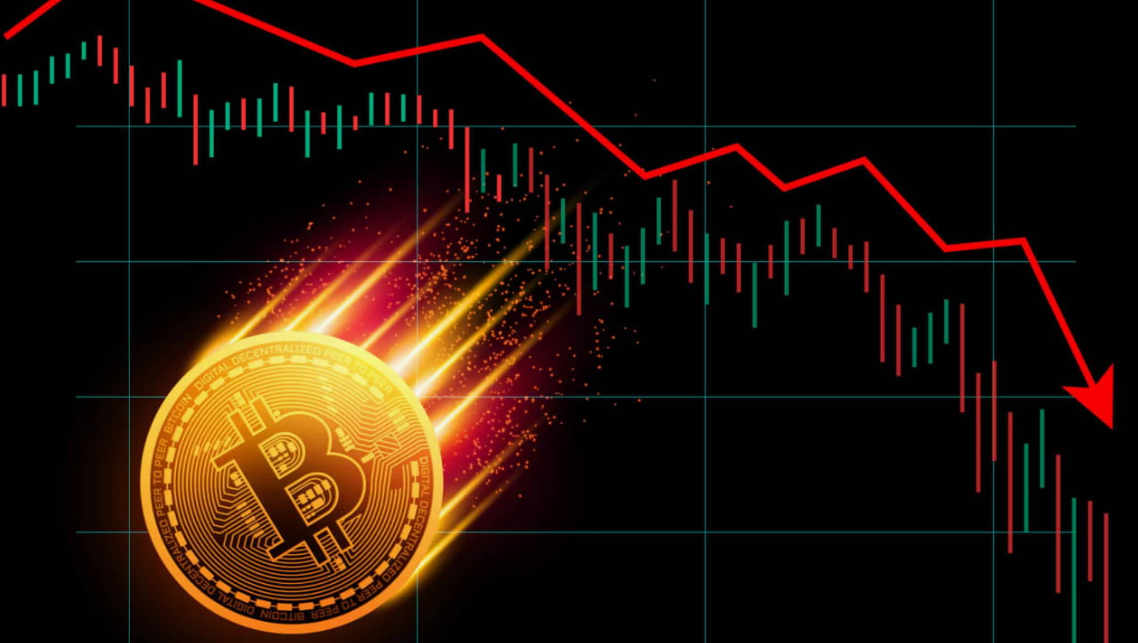Bitcoin, the world’s leading cryptocurrency, saw massive growth during Donald Trump’s presidency. From trade wars to tax cuts, Trump’s economic policies shaped markets, and Bitcoin became a big winner. But why? How did these policies influence Bitcoin’s rise? And what does it mean for traders and investors today?
Let’s break it down in simple terms. If you’ve been following Bitcoin and wondering how Trump’s moves on the economy tied into its growth, you’re in the right place. As a tool for tracking financial markets, platforms like FXpricing play a huge role in helping traders understand these connections.
Why Did Bitcoin Thrive During Trump’s Presidency?
Bitcoin’s popularity exploded under Trump. But this wasn’t just a coincidence. Here are some key reasons why:
- Economic Uncertainty:
Trump’s trade policies, like the U.S.-China trade war, created uncertainty in global markets. When traditional assets like stocks and currencies wavered, Bitcoin gained appeal as a “safe-haven” asset. - Low Interest Rates:
The Federal Reserve’s low interest rates during Trump’s term made traditional savings less attractive. This encouraged people to explore alternative investments, including cryptocurrencies. - Growing Distrust in Traditional Systems:
Trump’s criticism of institutions like the Federal Reserve and trade policies pushed some investors to seek decentralized options like Bitcoin.
Now let’s dive deeper into these factors.
The Trade War Effect on Bitcoin
U.S.-China Trade Tensions
Trump’s trade war with China was a game-changer for global markets. Tariffs, sanctions, and countermeasures disrupted trade and sent shockwaves through stock markets.
How Bitcoin Fit In
- Volatility Boosted Bitcoin: Traditional markets like forex and stocks became volatile, leading investors to Bitcoin as a hedge against uncertainty.
- Yuan Devaluation: As China’s yuan weakened, many Chinese investors turned to Bitcoin to protect their wealth.
Bitcoin became a kind of financial “escape route,” especially for those affected by trade disputes.
Inflation Fears and Bitcoin’s Appeal
Trump’s Tax Cuts
Trump’s tax cuts stimulated economic growth, but they also raised concerns about increasing the national debt and potential inflation down the road.
Bitcoin as a Hedge
Many investors saw Bitcoin as “digital gold”—a way to protect their money from inflation. Unlike traditional currencies, Bitcoin’s supply is limited to 21 million coins, making it deflationary by design.
For example, a trader using FXpricing could easily track the dollar’s weakening trends alongside Bitcoin’s rising value, giving them an edge in making decisions.
The Institutional Adoption of Bitcoin
Another reason Bitcoin soared during Trump’s presidency was the growing acceptance of cryptocurrencies by institutional investors.
Key Developments
- Increased Regulation: While Trump was critical of Bitcoin, his administration laid the groundwork for clearer cryptocurrency regulations.
- Mainstream Adoption: Companies like PayPal and Square began supporting Bitcoin, driving up demand and trust in the digital asset.
These shifts made Bitcoin more attractive to both retail and institutional investors.
The Role of Platforms Like FXpricing
Navigating Bitcoin’s rise during Trump’s economic policies required real-time data and insights. This is where platforms like FXpricing come in.
Why FXpricing Matters for Traders
- Real-Time Crypto Data: Bitcoin’s price can change in seconds. FXpricing offers up-to-date rates and live charts to help you stay ahead.
- Market Analysis: Get expert insights on trends influenced by political events.
- Customizable Dashboards: Tailor your view to track Bitcoin alongside forex, stocks, and commodities.
With these tools, traders can better understand how policies like Trump’s tax cuts or trade wars influence Bitcoin’s movements.
Bitcoin’s Challenges During Trump’s Era
Of course, it wasn’t all smooth sailing for Bitcoin.
Regulatory Scrutiny
Trump’s administration wasn’t exactly pro-Bitcoin. In fact, Trump himself once tweeted that he wasn’t a fan of cryptocurrencies, calling them “unregulated assets that facilitate unlawful behavior.”
Impact on Bitcoin
While these statements caused temporary dips in Bitcoin’s value, they also highlighted the need for clearer regulations, which ultimately helped the crypto industry mature.
Competition from Altcoins
During this time, other cryptocurrencies like Ethereum and Ripple also gained traction, providing traders with more options but increasing competition for Bitcoin.
What Can Traders Learn From This?
Bitcoin’s rise amid Trump’s policies offers several lessons for traders and investors:
- Diversification Is Key:
When traditional markets face uncertainty, alternative assets like Bitcoin can provide a safety net. - Stay Informed:
Political events can have a huge impact on markets. Using platforms like FXpricing helps you track these shifts in real time. - Understand the Bigger Picture:
Don’t just focus on Bitcoin’s price—consider how policies, regulations, and global trends influence its value. - Prepare for Volatility:
Bitcoin is highly volatile, and while that creates opportunities, it also carries risks. Use tools like FXpricing’s charts and analysis to plan your trades carefully.
The Future of Bitcoin in a Post-Trump Era
Bitcoin’s journey is far from over. While Trump’s policies played a role in its rise, new economic challenges and technological developments will shape its future.
Whether it’s inflation, interest rate hikes, or more adoption by businesses, staying ahead requires the right tools and insights. Platforms like FXpricing empower traders to navigate these changes with confidence.
FAQs
Q1: Why did Bitcoin rise during Trump’s presidency?
Bitcoin gained popularity due to economic uncertainty, low interest rates, and a growing distrust in traditional financial systems.
Q2: How did Trump’s trade policies impact Bitcoin?
Trade wars and currency devaluations pushed investors toward Bitcoin as a hedge against market volatility.
Q3: Is Bitcoin a safe investment?
Bitcoin is highly volatile and carries risks, but it’s also considered a hedge against inflation and economic instability by many investors.
Q4: How can FXpricing help Bitcoin traders?
FXpricing offers real-time crypto data, live charts, market analysis, and customizable dashboards, making it easier to track Bitcoin trends.Q5: What’s next for Bitcoin after Trump?
Bitcoin’s future will depend on factors like regulation, mainstream adoption, and global economic trends. Staying informed is key.





